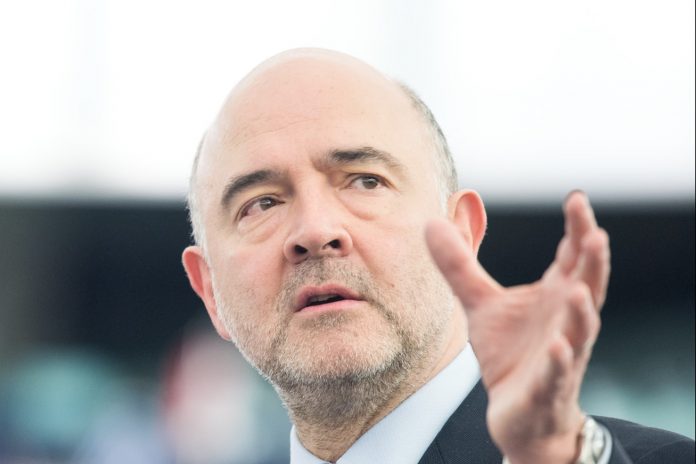Foreign investment is flowing through small European Union member states, such Luxembourg, without any link to actual activity, according to a report in Spain’s daily El País.
Luxembourg, for instance, is a magnet for money. The financial sector accounts for a third of its wealth, a far greater share than the construction industry accounted for in Spain during the property boom. And giants such as Amazon – the world’s biggest company by market capitalisation – have their European headquarters here. But why does all this money flow through this small state, a mere speck on the map between Belgium, Germany and France?
“In reality, it’s very simple: if you are a member of the European single market,” Nicolas Mackel, executive director of Luxembourg for Finance, the finance sector’s lobby, was quoted as saying by El País.
“It matters very little if you are big or small. Thinking in terms of the nation state is 19th-century logic. The EU has a market of 500 million consumers. Spain exports wine and olives. We have made the financial industry our main service.”
According to El País, Luxembourg’s government has used the lobby to improve a reputation that was badly scarred by the “Luxleaks” scandal, when an investigation launched in 2014 by the International Consortium of Investigative Journalists exposed tailor-made tax solutions that allowed some 350 multinationals to save billions of euros.
But Brussels is not satisfied with Luxembourg’s reforms. Last year, the European Commissioner for Economic and Financial Affairs, Pierre Moscovici, pointed to an in-depth study showing that Belgium, Cyprus, Hungary, Ireland, Malta, the Netherlands and Luxembourg have aggressive tax practices with the potential to undermine the balance of the internal market and add to the average taxpayer’s burden.
Meanwhile, a spokesman for the Finance Ministry in Luxembourg denies that the country is a tax haven, and the international lists of tax havens back him on this – neither the Organization for Economic Cooperation and Development (OECD) or the EU classify it as such.
Numerous members of the European Parliament have expressed disgruntlement at the lack of clear criteria. “[The list] should include European countries; there is plenty of evidence that foreign investment is flowing through small countries such as Ireland and Luxembourg without any link to actual activity,” Dutch MEP Paul Tang, a Social Democrat, was quoted as saying by El País.

